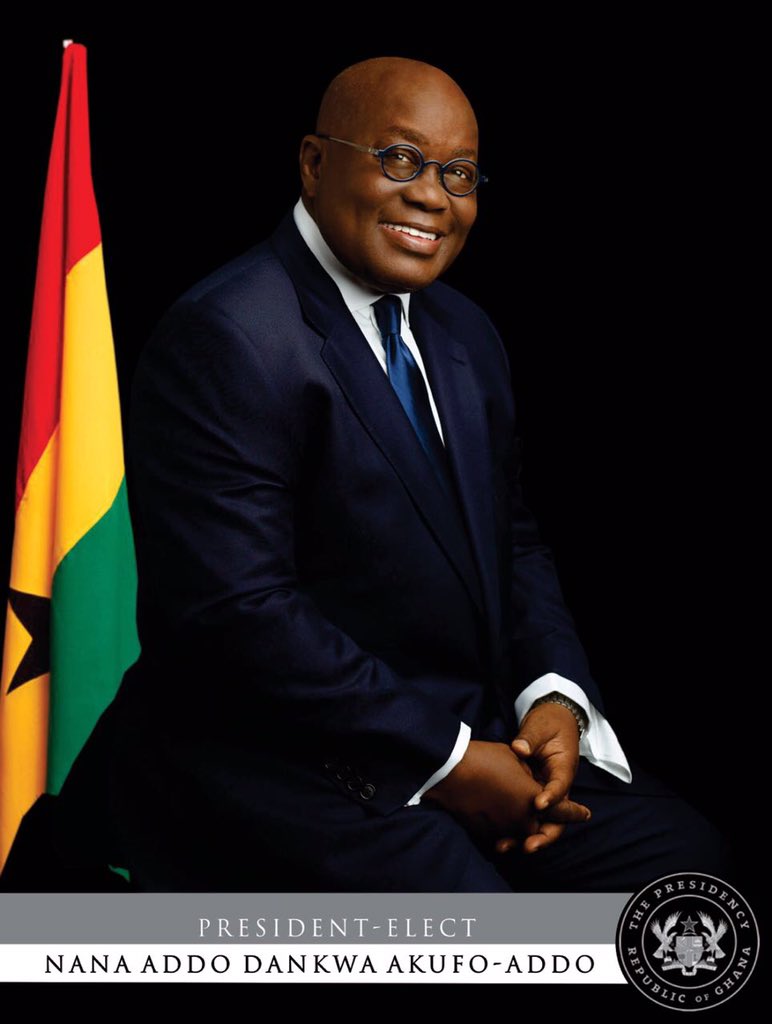It might seem like an endless period of generous fanfare for Ghana’s President-elect, Nana Akufo Addo but as the staggering realities in the country would sooner or later prove that this supposed honeymoon like the moonlight is set to fade away under the dark clouds of the nation’s economic night.
Having won the election on a sheer platform of voters' economic grievances, the major challenges an Akufo-Addo led administration will confront are largely economic.
These challenges mainly include paltry economic growth; widespread unemployment and underemployment, predominantly among young people;Â low productivity and wages; infrastructural deficits across most economic sectors; macroeconomic instability and vulnerability;Â as well as weak public finances and an unsustainable debt load.
Central to the New Patriotic Party (NPP)’s 2016 campaign message was the poor performance of the economy which was growing at 8.4 percent in 2008, as the NPP under President Kufor left power but now expected to grow at 3.3 percent, the lowest in 22 years, according to the IMF in its World Economic Outlook (WEO). This slowdown in the economy is believed to have been largely caused by severe power cuts which brought businesses to a halt forcing thousands out of jobs. The power cuts itself, popularly referred to as ‘dumsor’ was also a major blot on John Mahama’s administration having failed to solve it despite numerous promises to that regards.
Furthermore, the new President set to be sworn in by January 7th 2017 will have to contend with the ongoing IMF-programme which is aiding Ghana’s government to manage the economy under a three-year US$918 million Extended Credit Facility programme. Even before the nation went to the polls, the IMF told a home source that the conditionalities under the deal agreed last year is not likely to be renegotiated should there be a change of government. Nevertheless, the incoming Akufo-Addo-administration is expected to propose a few changes to the deal which due end in 2018.      Â
Finally, as the famous saying goes that, ‘to whom much is given much is expected’ and on the basis of a clear mandate bestowed on him and the NPP by anxious electorates desperate for fresh air in the nation’s economy , the first budget and economic policy statement of the President Nana Akufo-Addo led government will have to set out a credible and comprehensive plan to address the myriads of challenges as well as implementing his own set of policies in order to restore the somewhat lost confidence of the vast majority of Ghana’s population in its government.





